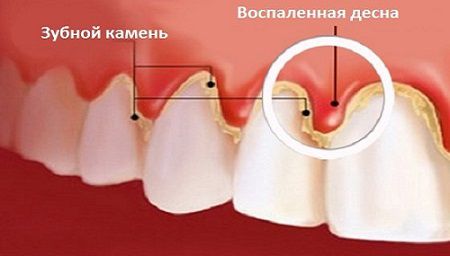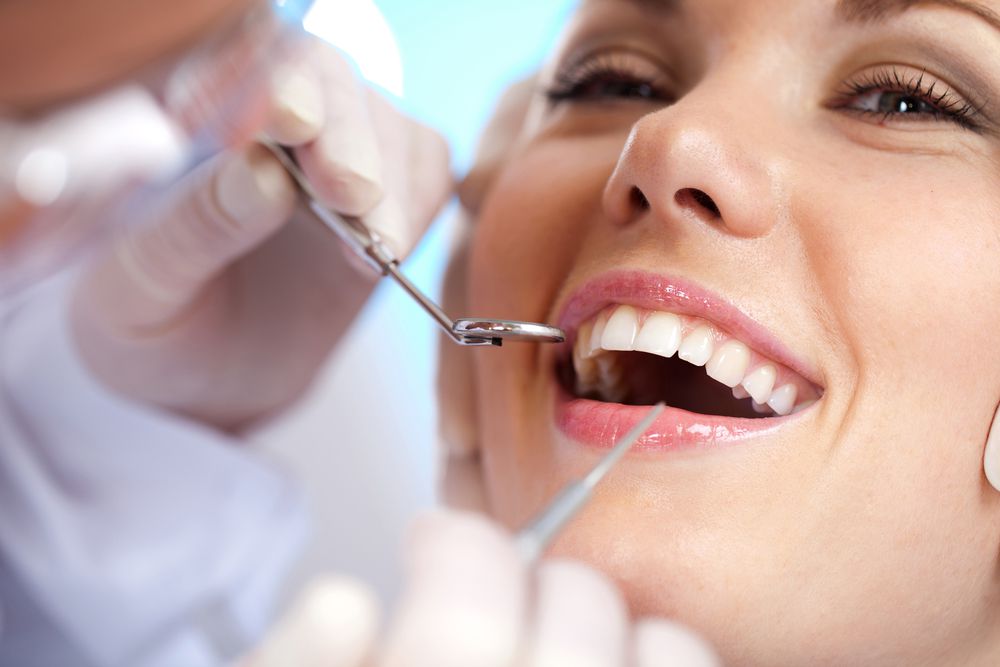Torrevieja Periodontal Surgery - Alicante Periodontics

Treatment of periodontitis in Torrevieja
Periodontology: treatment of periodontal diseases at Ap denta Summary:
-
Inflammation and bleeding gums
-
Bleeding gums: main causes
-
Symptoms of gum inflammation
-
Stages of inflammatory processes in the gums
-
Consequences and harm of untreated conditions
Periodontology is a branch of dentistry that deals with the study and treatment of the tissues surrounding the teeth, known as the periodontium.
The most common problems in periodontology that patients seek treatment for are inflammation and bleeding gums, as well as gum recession, which leads to the exposure of the tooth root.
Here, we will delve into the issue of bleeding gums, while more detailed information on the treatment of recession can be found in the "gum plastic surgery" section.
Inflammation and bleeding gums Bleeding gums are most commonly a symptom of the following conditions:
- Gingivitis - inflammation of the gums without the destruction of the ligament and without the disruption of tooth attachment to the bone.
- Periodontitis - deeper gum inflammation with the destruction of the ligament and bone tissue, leading to the disruption of tooth attachment, and consequently causing tooth mobility and loss.
It is important to keep in mind that the term "periodontosis" is outdated, and in modern terminology, it denotes an aggressive course of periodontitis in adolescents.
Bleeding gums: main causes The most common cause of bleeding gums is inflammation. Inflammation occurs due to bacteria present in dental plaque and calculus. This means that bleeding primarily occurs because a person does not remove plaque with bacteria from their teeth, in simple terms, they do not clean their teeth properly.
Other reasons by themselves are not determining; they only contribute to the development and maintenance of the problem, predisposing factors.
Hormonal changes (adolescent period, pregnancy, menopause). Digestive tract diseases: gastritis with high acidity, gallbladder diseases, and others. Blood disorders: anemia, hemophilia, blood clotting disorders, vessel fragility, etc. Lack of vitamin C. Harmful habits: toothpick use, excessive consumption of cola, drug smoking, and others. Deficiencies in dental treatment: overhanging crown margins, insufficient contacts between teeth, and so on. Incorrect bite. Taking certain medications, especially heart medications. Disruption of oral microflora due to uncontrolled use of mouthwash and toothpaste. Autoimmune diseases: diabetes, thyroid problems. Oncology. In the case of gum bleeding, treatment should be initiated as soon as possible as a prevention of complications.
Symptoms of gum inflammation Bleeding during brushing or eating, a taste of blood in the mouth. Unpleasant mouth odor that quickly returns after brushing. Swelling, redness, gum overgrowth. A feeling of itching in the gums. Presence of dental plaque and calculus. Exposure of tooth necks, root exposure. Increased sensitivity to cold and acidic foods, pain during cleaning. In more advanced cases, there may be pus discharge and tooth mobility.
Stages of inflammatory processes in the gums:
-
Gingivitis. Insufficient hygiene and the accumulation of dental deposits with microorganisms lead to inflammation of the superficial gum layer. Pain and gum bleeding occur. If the patient "protects" the gums and does not remove the plaque until "the bleeding stops," and does not see a doctor at this stage, microorganisms penetrate deeper and damage the tooth ligament.
-
The initial stage of periodontitis begins. Over time, in addition to the ligament, the inflammatory process involves the bone tissue around the tooth, which begins to disintegrate, leading to the formation of pathological bone pockets (periodontal pockets) and pathological tooth mobility (teeth become loose).
-
The average stage of periodontitis occurs. Over time, bone loss progresses, tooth attachment to the bone weakens, and tooth mobility worsens.
-
The severe stage of periodontitis is accompanied by tooth loss.
Consequences and harm of untreated conditions.
-
Since gum inflammation is a focus of infection in the mouth, and this infection enters the throat, digestive tract, and directly into the bloodstream when bleeding occurs, a direct connection exists with diseases of the ENT organs, cardiovascular diseases, stomach, and kidney diseases.
-
As irreversible bone loss occurs during the progression of the disease, mobility increases, which can lead to tooth loss.
-
As the gums recede, exposing tooth necks and roots, this leads to aesthetic defects.
We invite residents of Torrevieja, La Mata, Elche, Murcia, Alicante, and other cities on the Costa Blanca and the Valencia region to visit our clinic or call us at.
CALL: +(34) 638 893 141. Reception is by appointment.
Contact Information:
| Torrevieja, Pasaje Pais Vasco, edificio 1 local 4 | |
| +(34) 638 893 141 | |
| +(34) 638 893 141 | |
| apdenta@gmail.com | |
| Working hours: Mon - Fri: from 10:00 to 20:00 |


